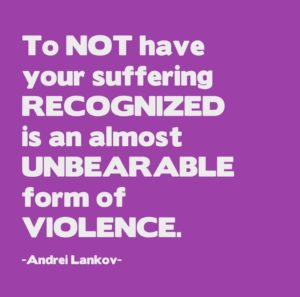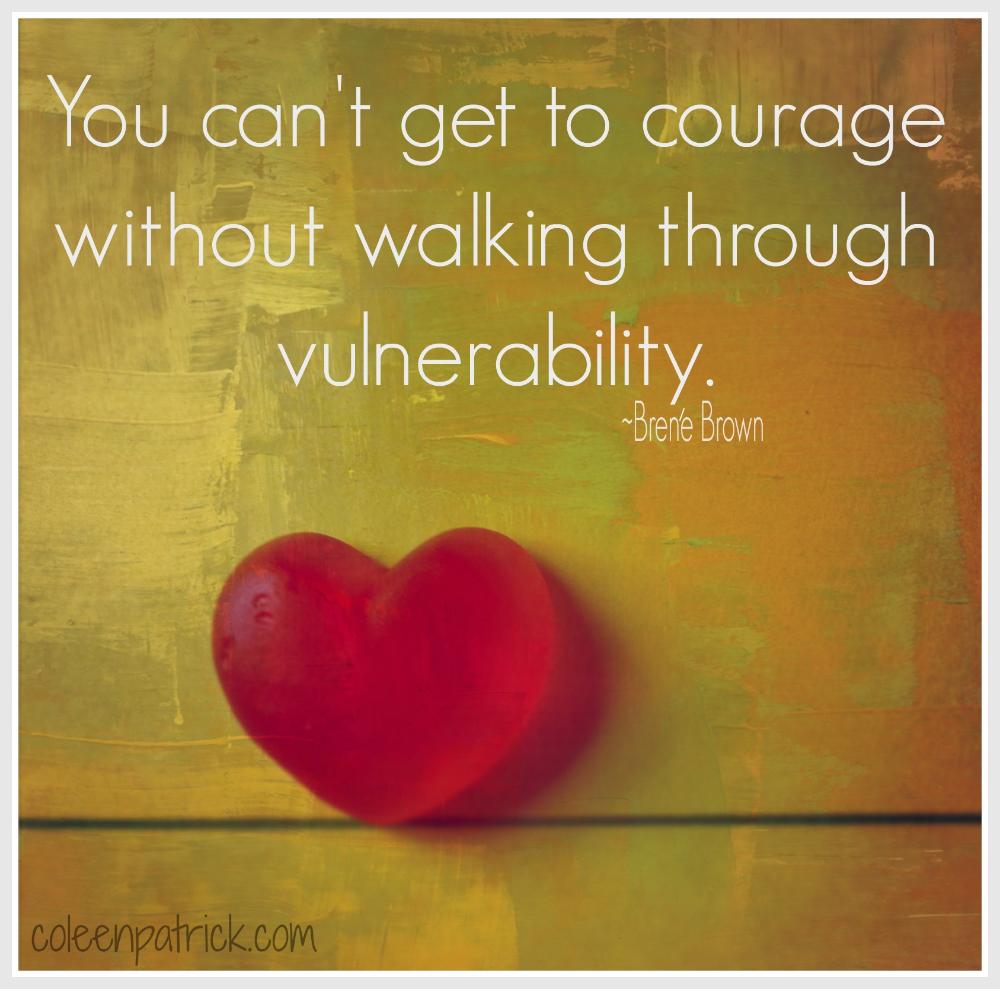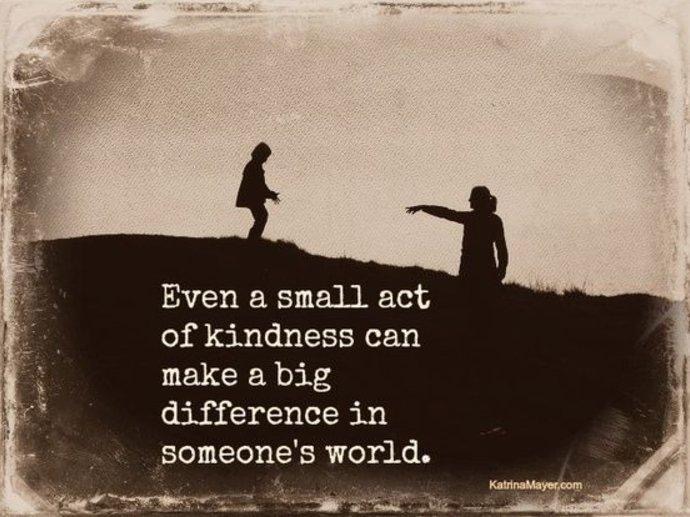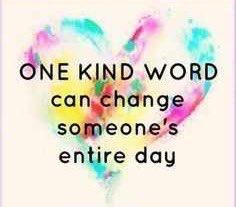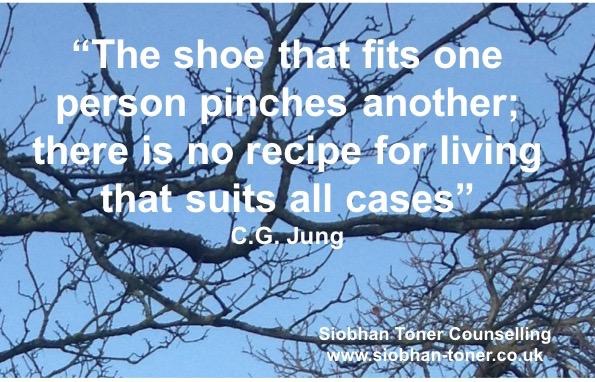Do you know how to support bereaved parents of adult children?
Its a type of bereavement that doesn’t get as much written about it as when the deceased are children or babies yet the parents have still lost their child, whatever age they are.
For the surviving parent or parents, like with any bereavement time changes the way grief presents but it doesn’t go away. Whether it is six months, a year or ten years on their lives have changed irrevocably.
One of the most painful things can be how wiped out of history their child is; this can happen when people around them find it too difficult to talk about the dead person. So what happens is they avoid the subject and the parents are left alone with their grief.
It can also happen when people around them are making assumptions about the level of their grief; just because the parent is functioning and getting on with their life it doesn’t mean they are not still in pain. Mothers Day, the child birthday, the parents birthday, Christmas or other significant dates will be particularly difficult.
The parents may also have taken on a new role as primary caregiver to their grandchildren and be dealing with the many challenges this can bring.
Sometimes the simplest things can be really effective, a handwritten note saying you are thinking of them, showing them a photo you have found of their child, acknowledging their loss, asking how they are and being prepared to listen if they want to talk or to accept if they don’t.
The guideline is the same as when the bereavement first happens, even if some time has past never assume, just be there.
